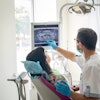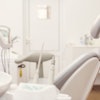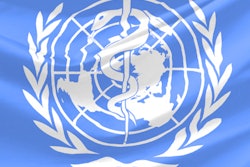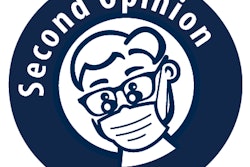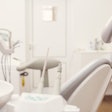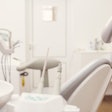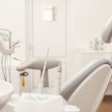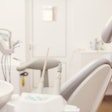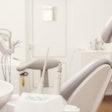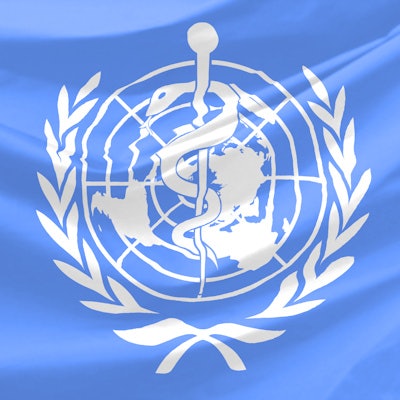
An international team of researchers is calling for radical oral healthcare reform worldwide. Their ideas, which include universal oral healthcare coverage, were published on July 18 in the journal Lancet.
The team includes researchers from 10 countries and five continents, as well as the World Health Organization (WHO). They came together to better understand why oral diseases continue to burden almost half of the global population, despite scientific advances in disease prevention. Their analysis was published in a series of articles.
"Dentistry is in a state of crisis," stated lead author of the series Richard Watt, BDS, the chair and an honorary consultant in dental public health at University College London, in a press release. "Current dental care and public health responses have been largely inadequate, inequitable, and costly, leaving billions of people without access to even basic oral healthcare."
The poor state of oral health
About 3.5 million people worldwide live with dental diseases, according to the authors. Untreated dental caries was the most prevalent of all health conditions in 2010, affecting 35% of the global population.
“Dentistry is in a state of crisis.”
Many people also have severe periodontal disease, the sixth most prevalent health condition in 2010. In addition, oral and lip cancers are among the 15 most common cancers worldwide.
Dental treatment for these conditions can be expensive. In 2015, dental diseases accounted for $357 billion in direct costs and another $188 billion in indirect costs, the authors reported. The highest of these dental expenditures were in the U.S., which, like many high-income countries, focuses on treatment and technology as opposed to addressing the underlying causes, they noted.
"The U.S. continues to struggle with how to best ensure access to affordable dental care for many individuals," stated study author Robert Weyant, DMD, from the University of Pittsburgh Department of Public Health. "This has led to ongoing suffering for many with oral disease and significant disparities in oral health for vulnerable populations, such as poor families, ethnic minorities, and the elderly."
Redesigning care from the clinic up
The authors acknowledged this global oral health problem does not stem from individual dentists, who often provide the best care they can for patients. Rather, the fault lies with the system that dentists practice within.
The authors called for radical change within five key areas:
- Universal oral healthcare
- Innovative oral health workforce models
- Health system governance context
- Integrated surveillance, monitoring, and implementation research
- Refocused interventions
Their recommendations include prioritizing evidence-based treatments, which would mean moving away from traditional drilling and filling to more preventive-focused strategies. This shift could also redefine preventive checkups and treatments, such as the six-month dental visit.
In addition, the authors called for new models of care that include midlevel providers. The authors envisioned these providers delivering the majority of dental services at primary care facilities, then referring to dentists and specialists as needed.
"More specialized services, provided by dentists and specialists in referral settings, should complement the care spectrum with advanced care options," they wrote.
Sugar and sustainable development
Major changes to the structure of oral healthcare wouldn't be complete without a reduction in free-sugar intake. The World Health Organization recommends free-sugar consumption of less than 10% total energy intake and sugar consumption of less than 5% total energy intake. This is drastically lower than the average consumption in many countries.
"To achieve the WHO guideline intake will require an ambitious, systematic, and coherent sugar reduction strategy," the authors wrote. "Upstream policies need to include international trade agreements on sugar production quotas, price subsidies, minimum pricing, and trade mechanisms."
These changes are especially pertinent because dental caries are becoming more common in low- and middle-income countries as sugar consumption increases. The authors worry that the care model used by high-income countries will not meet their needs.
"The so-called westernized model of modern dentistry (high technology and treatment focused) is unaffordable and inappropriate in many [low- and middle-income countries]," the authors wrote. "Even in settings with resources, dentistry is not meeting the needs of large segments of the national population and is increasingly focusing on the provision of aesthetic treatments, largely driven by profit motives and consumerism."
The authors believe a radically new model of oral healthcare is needed to achieve optimal oral health for people in high-, low-, and middle-income countries. Ideally, they hope the changes they outlined can improve overall quality of life.
"Oral health is part of the basic human right to health and integral to sustainable human development -- two key notions of a rights-based approach to global advocacy," the authors wrote. "Promoting oral health has positive contributions to overall development by easing the disease, economic, and social burdens caused by oral conditions."

